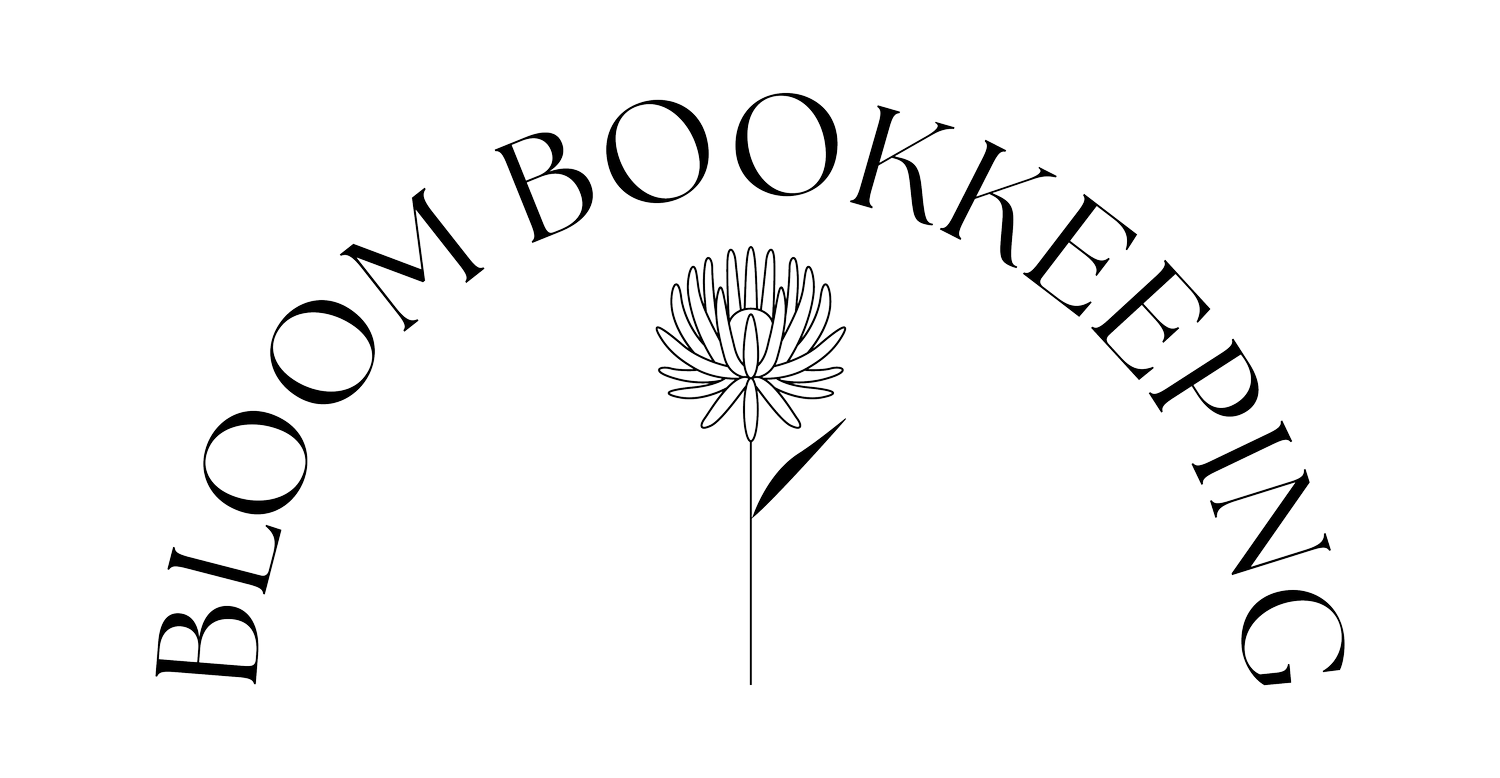Maximizing Tax Deductions for Self Employed Professionals
1. Essential Business Expenses
In the domain of self-employment, operational costs are vital, serving as the foundation of your business endeavors. Recognizing the importance of these expenditures, the Canada Revenue Agency (CRA) permits deductions on various essential costs.
These expenses encompass everyday necessities like office supplies, employee wages, and utility bills essential for sustaining your business operations. However, it's crucial to distinguish between these routine expenses and capital investments.
Capital expenditures, typically involving long-term investments such as real estate, equipment, websites and larger purchases with a lifespan over a year typically do not fall under this deductible category. Maintaining this distinction is vital for accurate financial reporting.
While there isn't a specific tax deduction for computers in Canada for the self-employed, a portion of such expenses may be claimed through a capital cost allowance (CCA). Computers are categorized as capital items, requiring them to be recorded as capital assets, enabling you to claim a portion of their cost annually as CCA, representing depreciation.
2. Home Office Tax Benefits
For many self-employed individuals who have designated a section of their residence as a workspace, there's a favorable provision: a deduction for home office expenses.
You can claim a portion of your housing costs corresponding to the size of your home office. This includes a fraction of your rent or mortgage, property taxes, utilities, and office supplies utilized in this area.
To accurately determine this deduction, measure the square footage of your home office and calculate its percentage relative to your entire residence. This approach ensures a fair and substantiated claim for your home office expenditures.
3. Business Meal and Entertainment Costs
Engaging in networking over meals and hosting client dinners are common business practices. Thankfully, the CRA permits you to deduct 50% of such meal and entertainment expenses, provided they are strictly related to business activities.
However, it's not merely about claiming these expenses; it's also about substantiating them. It's important to maintain proper documentation and evidence to support these claims, demonstrating their relevance to your business endeavors.
Ensure you retain records of the individuals you meet with and the purpose of each business-related gathering.
4. Deductible Travel Expenses
Business-related travel often incurs significant costs. Fortunately, these expenses, including accommodation, meals, and transportation, are deductible.
Whether you're traveling to meet a client or attending a professional conference, these work-related travel expenses can be claimed—provided you document not only the expenses but also the purpose of the travel.
Your daily commute doesn't fall under this category. Travel deductions are applicable to journeys beyond the regular home-to-office route.
5. Vehicle Expenditures
For individuals using a personal vehicle for business purposes, keeping track of mileage can lead to substantial tax deductions. A portion of the vehicle's operating expenses, proportional to its business use, is deductible.
However, if a vehicle is exclusively used for business purposes, nearly all associated costs, from fuel to maintenance, become deductible. This differentiation is critical for precise and compliant vehicle expense claims.
6. Marketing and Advertising Costs
In the digital era, expenditures on marketing and advertising are significant for businesses. The CRA allows deductions for these costs, provided they meet specific criteria regarding Canadian content and ownership.
It's important to note that expenses incurred on foreign platforms or for international advertising might not qualify under this category.
7. Website and Software Expenditures
The digital presence of a business, including its website and essential software, is no longer optional but essential. Expenses related to creating and maintaining your business website, such as hosting services and professional design fees, are deductible.
Likewise, software expenses, especially those crucial for your business operations, are also deductible.
8. Unrecoverable Debts
In an ideal scenario, all invoices would be promptly settled. However, the reality of uncollectible debts is recognized by the CRA. These bad debts can be written off, provided they meet specific criteria outlined by the CRA, such as being recognized within the tax year and already included in your receivables.
For instance, if you invoice a customer for $100 and they are unable to pay due to bankruptcy or other reasons, the $100 becomes a bad debt. You can include it in the category of bad debts in your list of business expenses.
To expense and write off the bad debt, the CRA mandates that you must have either established it as a bad debt expense within the tax year or included it in your receivable income.
9. Health Insurance Premiums
Self-employed individuals often cover the costs of their health insurance premiums. Acknowledging this, the CRA allows for the deduction of these premiums, recognizing the financial burden self-employed individuals bear for their health coverage.
10. Professional Fees
The pursuit of professional growth often involves fees for certifications and licenses. These expenses, directly related to your ability to work and advance in your field, are acknowledged by the CRA as deductible.
This deduction underscores the significance of continuous professional development and adherence to industry standards.
11. Educational Expenses
Investing in further education or professional skills is supported by the CRA through tax deductions. This includes not only the fees for courses or workshops but also the interest paid on student loans in Canada. This deduction highlights the value placed on ongoing professional learning and development.
12. Interest and Banking Charges
Effective financial management often entails borrowing and associated costs. The CRA allows the deduction of interest on business loans and related banking charges within certain limits. Understanding these limits is essential for maximizing deductions while remaining compliant with tax regulations.

